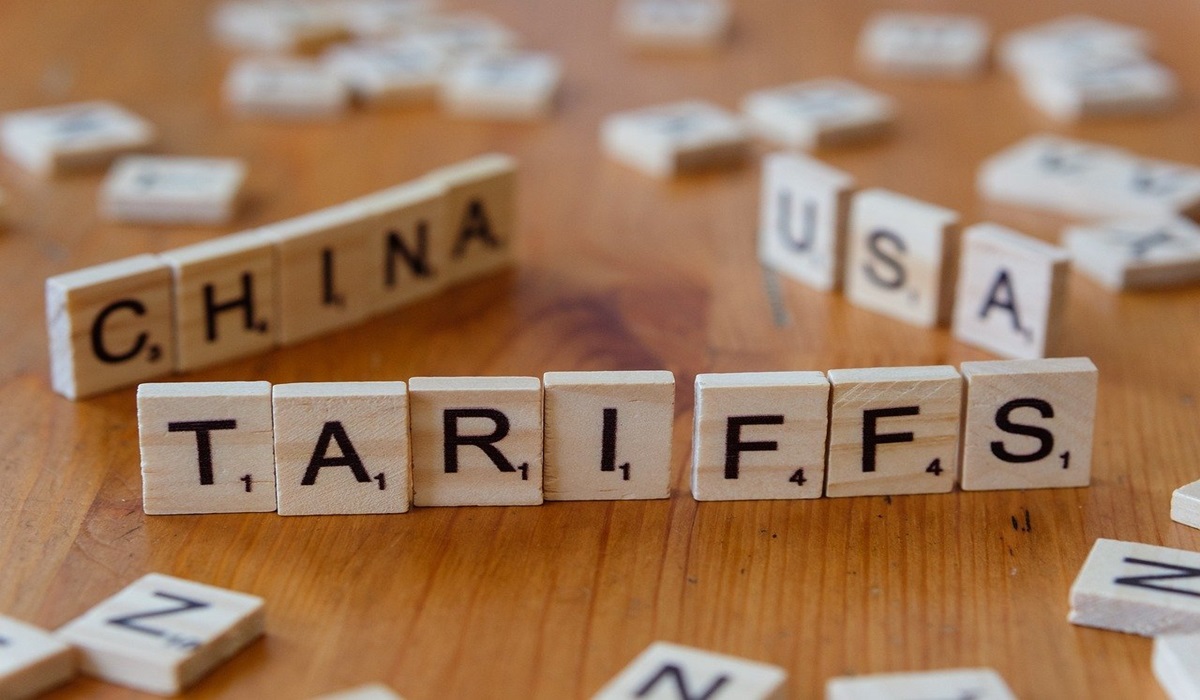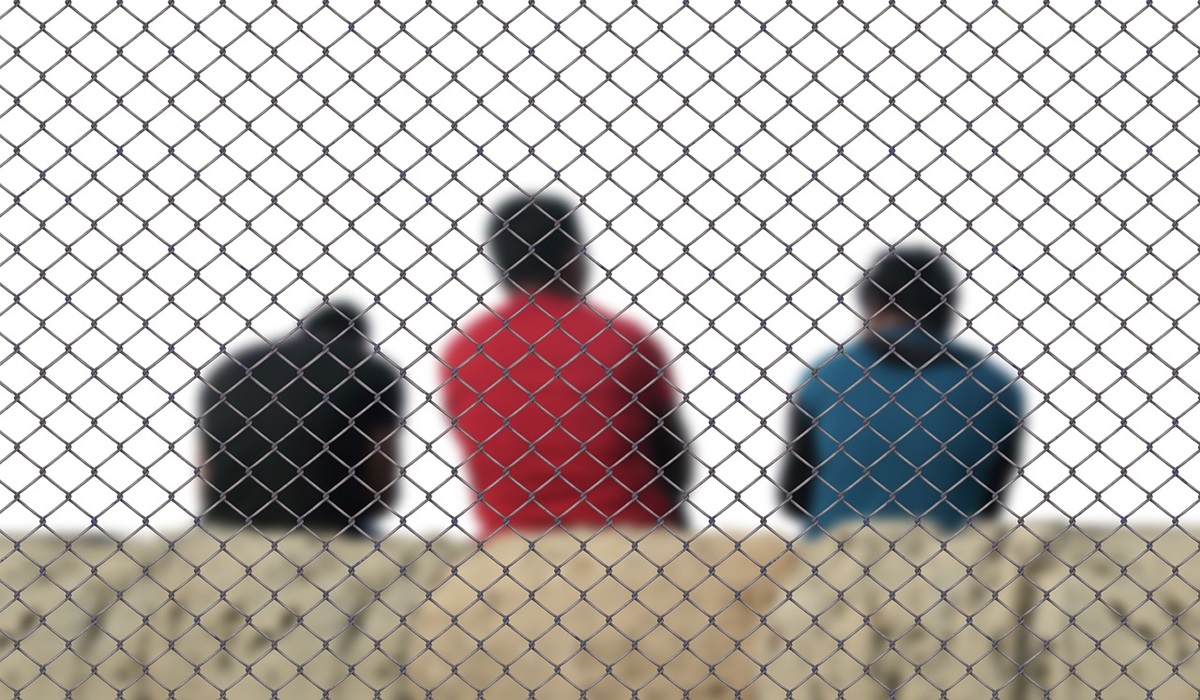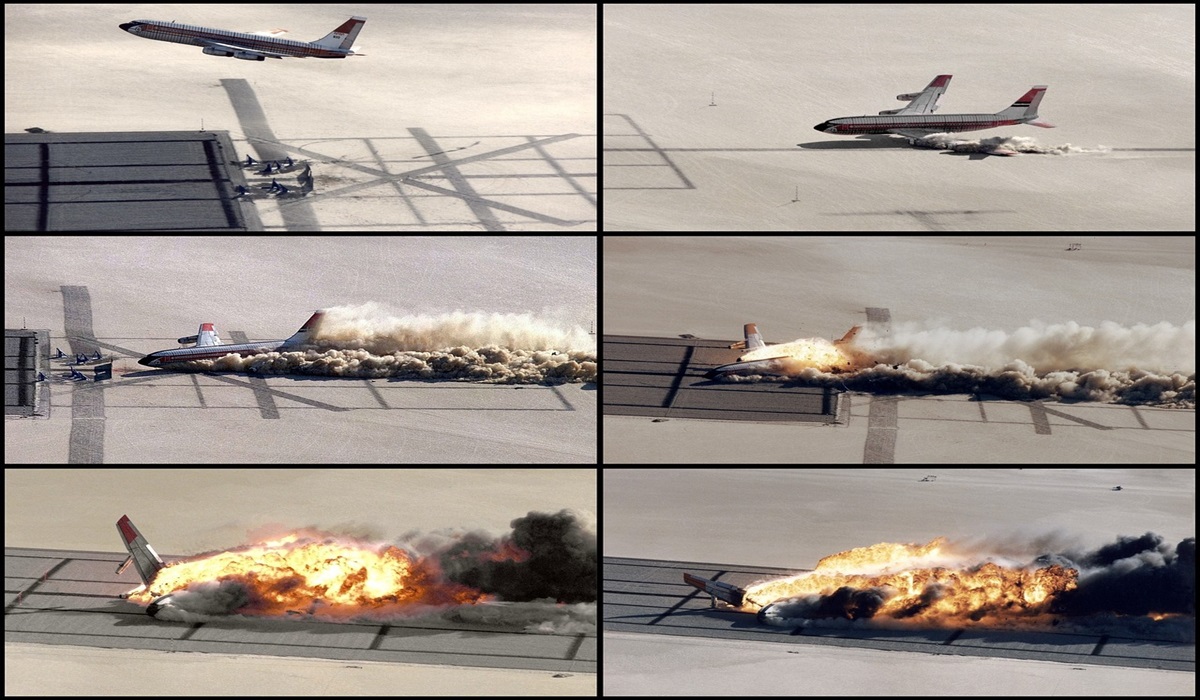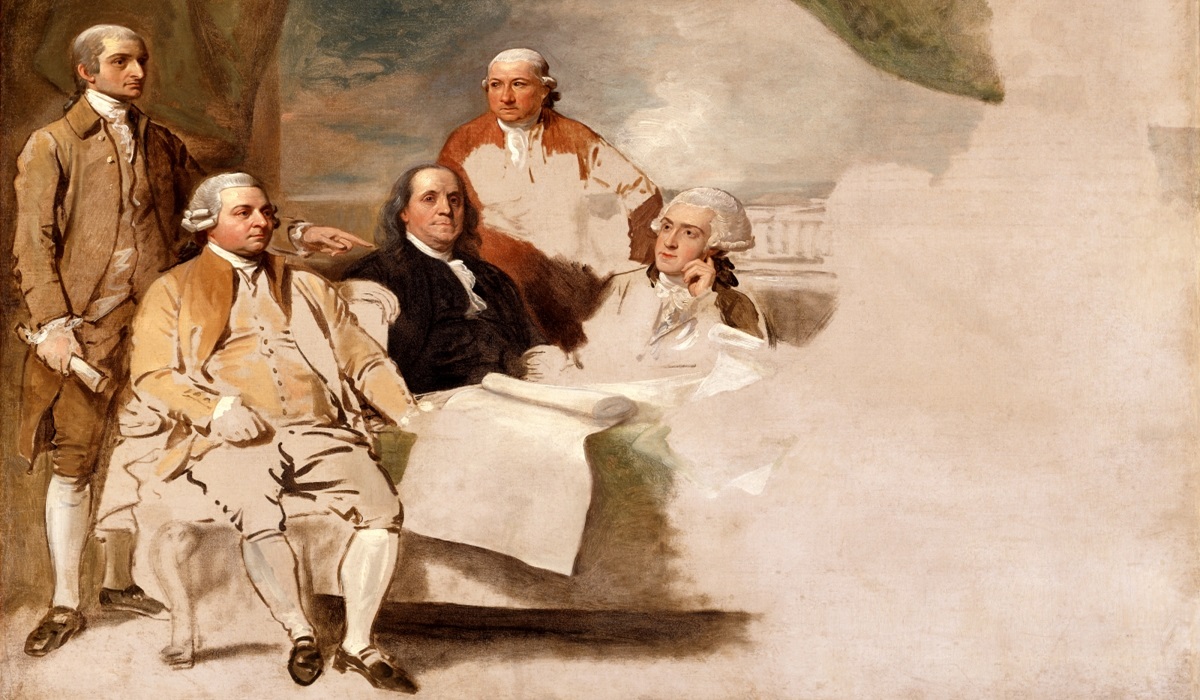Routine Training Accident or Covert Casualty? The Truth Behind Military Losses
- Ingrid Jones
- U.S.A
- November 25, 2024
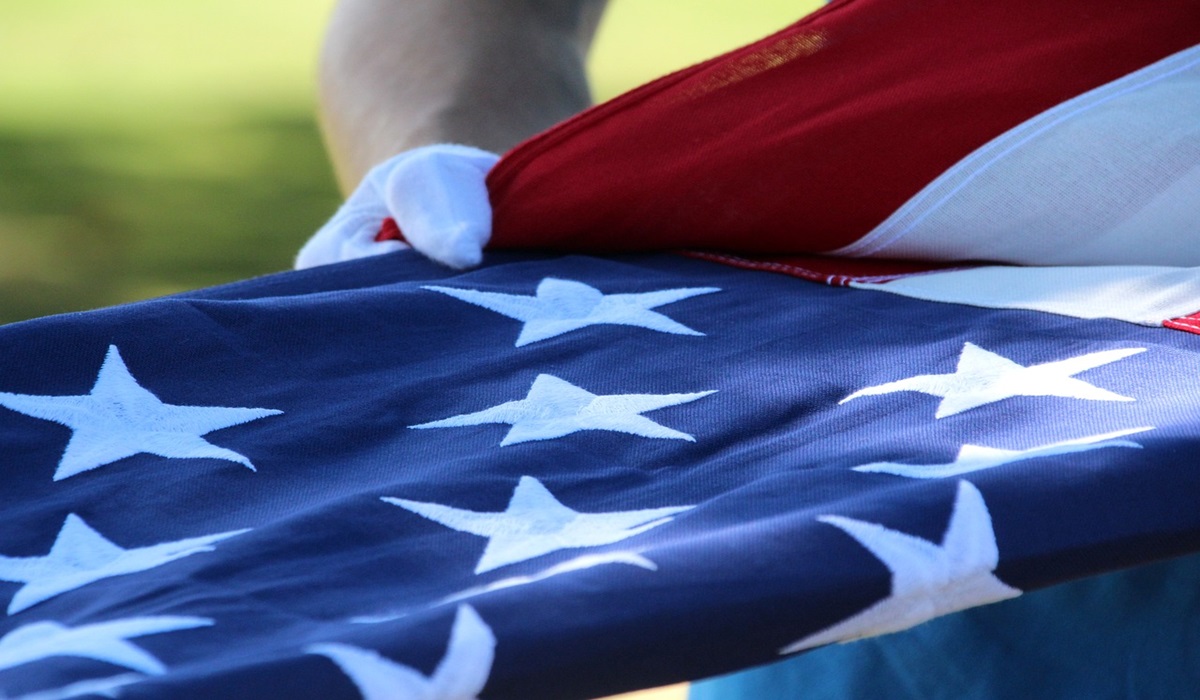
Image Credit, Hhac
When the news breaks that a soldier has died in a “routine training accident,” most of us accept it at face value. Families grieve, communities mourn, and the story fades into the background as just another unfortunate tragedy of military life. But how often is this explanation the whole truth? Behind the polished narratives lies a question that demands deeper scrutiny: is this account fact or spin?
The military, by necessity, operates with a high degree of secrecy. Covert operations are the lifeblood of national security, carried out by organizations like the CIA, FBI, DEA, and the U.S. Marines, alongside agencies the public has never even heard of. These missions often involve perilous confrontations—dismantling drug cartels, infiltrating terrorist networks, and neutralizing threats in the shadows. The nature of these operations means they can never be fully disclosed to the public, but this veil of secrecy also provides a convenient cover when tragedy strikes.
When a soldier dies in action during one of these covert missions, admitting the truth might compromise the mission, expose classified details, or inflame international tensions. Instead, families are given a sanitized version of events. “A routine training accident” becomes the official story, sparing the military the complications of revealing the soldier’s true mission. But for the grieving families, this explanation often leaves an empty hole where closure should be. Wouldn’t they rather know their loved one died a hero, fighting for their country in an act of valor?
The reality is murky. While training accidents do happen, the frequency with which this phrase appears in reports raises eyebrows among those who follow military affairs closely. Is it easier for the military to paint these losses as routine rather than confront the public with the dangerous realities of covert warfare? And if so, what does this say about the value placed on transparency versus operational security?
The ethical dilemma here is profound. The families of fallen soldiers deserve the truth about how their loved ones perished. They deserve to know the bravery and sacrifice that often underpin these covert missions, rather than being handed a story that might feel hollow or incomplete. Yet, the operational demands of covert warfare make full disclosure nearly impossible.
As headlines continue to quietly announce the deaths of soldiers in “routine training accidents,” it’s worth asking: how many of these accounts are true, and how many are crafted to preserve the secrets of covert operations? For the families left in the dark, the absence of truth feels like a second loss—one that denies them the pride and understanding they deserve.

